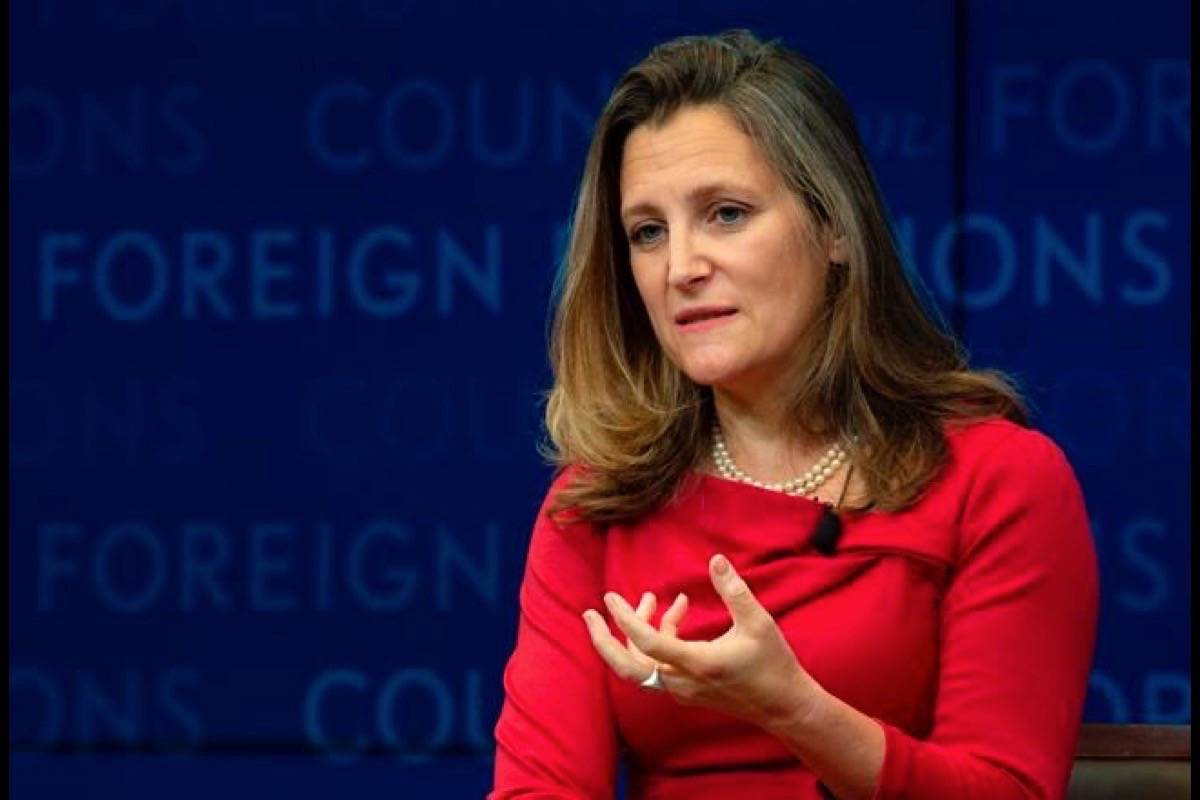The newly released North American trade pact could prevent large websites from having to quickly take down questionable material in what is being seen as a potential victory for freedom of speech online.
The digital trade provisions in the U.S.-Mexico-Canada Agreement include wording that doesn’t hold internet companies liable for content posted from third parties like users, essentially arguing the company is not the publisher, just the host.
Digital policy expert Michael Geist said such safe harbour rules haven’t been part of the Canadian landscape, which is why content like critical, over-the-top restaurant reviews are more swiftly removed in Canada than in the United States.
The wording is a first for the North American trading partners and could set the stage for it to be embedded in Canadian law, said Geist, the Canada Research Chair in internet and e-commerce law at the University of Ottawa.
“This, I think, is actually a good provision. It helps freedom of expression online, it provides some amount of a safe harbour for internet companies that try to do the right thing by removing content in appropriate circumstances and it’s the sort of thing that Canadian law has been missing,” Geist said in an interview.
READ MORE: Out with NAFTA, in with USMCA: Canada inks new trade deal
The three trade partners heralded the agreement-in-principle, which still has to be ratified by all involved, as a major step forward to deal with issues that were in their infancy when the North American Free Trade Agreement was signed a quarter-century ago.
The digital trade provisions could also limit geographical restrictions on where data is stored and roll back requirements that companies wanting to do e-business have a physical presence in a particular jurisdiction.
The wording is new for the continental trade partners, which didn’t have similar provisions in the North American Free Trade Agreement, but it is found in other agreements that Canada has signed.
Still, the agreement also gives governments an out, allowing for exceptions for provincial governments that want to, for instance, keep patient data stored in their jurisdiction.
“There’s no clarity here,” said David Murakami Wood, the Canada Research Chair in surveillance studies at Queen’s University in Kingston, Ont.
“It’s one of these things where it could mean everything and it could mean nothing.”
Susan Aaronson, an expert on digital trade from George Washington University in Washington, D.C., said the USMCA falls short around data rules, which is why she is urging the Trudeau government to think more about a national strategy to figure out how to help data-driven sectors like artificial intelligence and smart manufacturing.
“That’s where it (USMCA) has just totally fallen short and that’s why I think Canada needs to think long and hard about it,” Aaronson said.
Laura Tribe, executive director of the group OpenMedia, said Canada would get to keep what’s called its “notice and notice” system, which kicks in when an internet provider must notify a user about an unauthorized download of copyrighted material like a movie or television show.
The wording in the digital trade chapter could also put Canada at odds with a free trade agreement with the European Union. Aaronson said Canada will have to reconcile its arrangements with the U.S. — a trading partner with weak rules governing privacy — with those it has forged with the EU, which has strict rules on personal information.
Jordan Press, The Canadian Press



